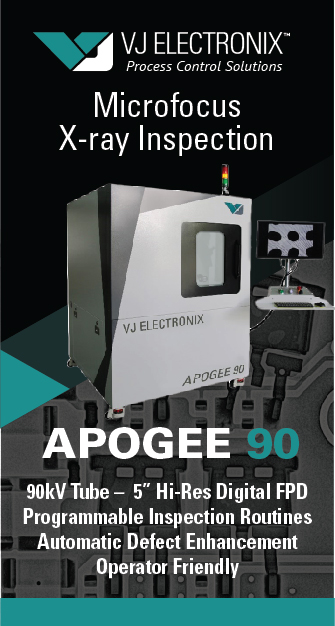The customer came with a loose concept and an ambitious goal — to transform the treatment of severe hypertension. See how Plexus brought clarity to the concept and helped bring the innovative renal denervation system to life, in only 18 months.
Hypertension affects more than 1.2 billion people worldwide.
Our customer came to us with a goal to not only help those people find relief, but to transform the treatment of resistant hypertension with innovative, cost-effective therapies. They came with a general idea for a product that could help accomplish that — a multi-electrode renal denervation system. The product would help patients treat their severe hypertension, with a procedure that took a fraction of the time needed with similar products.
But we also had a fraction of the time to make this product a reality. To create a device of this complexity, you would normally plan for 24 to 30 months. For us, success meant designing, manufacturing and getting the product to market in only 18 months.
Defining the concept.
There was no way to make that deadline unless everyone on both teams was pulling the same direction. So we demonstrated to the customer the benefits of taking part in our Concept Convergence process — a three-day workshop of brainstorming, narrowing down and finalizing the product idea. Concept Convergence brought all the customer decision-makers into the same room with a Plexus team representing every phase of the project. Together, the teams were able to examine the concept from the ve

ry beginning and bring all the customer’s various ideas into alignment. The process was the key to creating buy-in on a single, strong concept and timeline. It outlined everyone’s role, and built a strong foundation for design and development.
Building the solution.
With a definitive course of action, Plexus applied our full stream of product realization services to design and develop the product from the ground up.
There was no shortage of complex challenges to solve. For instance, all four electrodes needed to activate simultaneously, with precise power generation and shut-off. There also had to be the option of deselecting individual electrodes. And as a Class III medical device, that functionality would have to meet the strictest FDA regulations.
The product’s complexity required advanced supply chain problem-solving, too. For example, creating the display screen to function as specified required more than simply sourcing materials. In some cases, the Plexus team had to introduce multiple vendors so they could source their own materials and pre-assemble the components the product needed.
Keeping a sharp eye on the deadline, our team of engineering, manufacturing and supply chain experts worked closely with the customer to create efficiencies. Monthly management team meetings and regular contact with the customer’s team kept communication open. Direct involvement with trials and testing allowed us to iterate the design as we discovered areas to improve or as requirements evolved. And direct feedback on prototypes helped further refine the user experience.

Bringing a better treatment solution to patients worldwide.
In the end, thanks to the foundation of Concept Convergence and Plexus’ tightly integrated process, the customer hit their 18-month deadline — to the day. They were able to enter the market with the first multi-electrode device to deliver a predetermined ablation set in a single catheter position. Which means the product successfully made this treatment for resistant hypertension easier, faster and all-around better. In fact, it cut procedure time down from 24 minutes to four minutes. It created efficiency for doctors, allowing them to offer more treatments, more profitably. And it made a procedure that can be uncomfortable a much better experience for patients.

